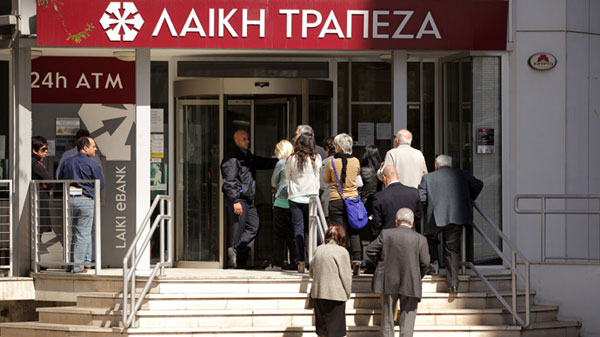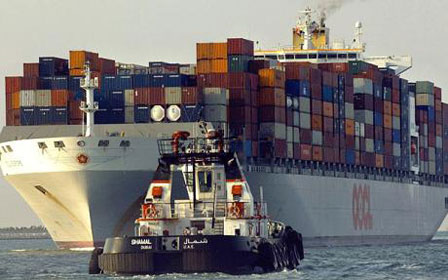Once again, scary speculation about the consequences of the financial collapse in Cyprus turned out to be rubbish.
The outcome has been very nasty for Cypriots. And there could be worse to come as they are hammered by the absurd combination of economic collapse, unbearable national debt, and a fixed exchange rate against their 16 partner-nations in the Eurozone.
Very nasty, too, for all those wealthy Russians who got used to viewing the island-nation as their informal colony. They’ve suffered a wipe-out of… how much? Certainly many billions.
The rest of us escaped. There was no panic flight from banks in the Eurozone. No flight either from the euro itself. It had been sliding in dollar terms for months, but actually kicked up a bit when the immediate crisis was resolved.
However, there are some important lessons for investors from what Eurozone governments and their officials tried to force on the Cypriots and eventually agreed to.
Their actions and attitudes have magnified and clarified the hierarchy of risks faced by investors in any serious financial crisis:
► Most at risk are foreign owners of bank deposits and securities. Iceland’s discrimination against foreign savers in its banking collapse was a precedent. In Cyprus the Eurocrats targeted the large deposits and bonds of the two biggest banks knowing apparently that most of the wealth seized/destroyed belonged to Russians.
► Next at risk are domestic customers of/investors in, banks, who are ordinary folk without much wealth or financial sophistication. They believe their savings are safe because they are explicitly guaranteed by their governments. In the Eurozone, up to €100,000. In the US, $250,000.
In the Cyprus crisis, the Eurocrats tried to force the country to steal from all the small savers enjoying that guarantee by imposing a levy on them. Technically, not a breach of the guarantee. In practice, exactly that.
Savers in banks around the world, not just in the Eurozone, now know that no guarantee offers certain protection against partial or total seizure of their assets in a crisis.
There will be much soothing talk about the safety in guarantees that are embodied in laws, even constitutions. But the ways the Eurocrats have been behaving, and governments of many countries have acted in the past, show that in a serious crisis such legal protections are ignored, legitimized retrospectively, or simply cancelled by proclamation.
- One step down in the hierarchy of risk are the little guys, whether they be tiny nations such as Cyprus, or smaller enterprises within countries, whether they be banks or non-financial companies.
When a crisis hits, they are sacrificed.
The Eurocrats will go to extreme lengths to save major nations such as Spain or Italy. Lesser ones such as Greece or Cyprus, are treated much more harshly.
Within countries, in a panic the ruling elites move to save the big guys, such as megabanks and zombie conglomerates, arranging for taxpayers to pick up the tab. (Remember that disgraceful rescue of AIG in the US involving a $13 billion payout to Goldman Sachs for its gamble in derivatives?)
In Europe, governments continue to resist essential changes to protect the wealth of owners of shares and bonds in the megabanks with huge holdings of dodgy assets because they are “too big to fail.” Smaller ones, most recently the SDS bank in the Netherlands, are denied such support.
- Next at risk are the wealthy and well-connected who keep bank deposits and own bonds or other securities in any banks. They could in future be forced to pay part of the cost of losses caused by poor lending practices or speculation. In Cyprus the Eurocrats have established a model to follow elsewhere in their remit – levies, freezing, capital controls.
- Least at risk are investors with assets that are difficult for governments to seize, control or extort. Large, well-managed companies in advanced nations that control their own currencies; banks that are too big to fail; readily-traded shares that are almost certain to yield growing returns. And of course gold.
However the most dangerous consequence of the Cyprus disaster is likely to be further erosion of both savers’ and corporate confidence in the Eurozone’s future, adding further to the negative forces depressing economic growth.
CopyRight – OnTarget 2013 by Martin Spring







